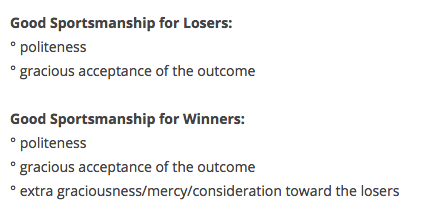[I have literally cut-and-pasted last year’s post, because really all I want to do is an exact repeat of last year. I only changed the last paragraphs. So if this feels familiar, you are correct.]
I have a Christmas thing to recommend. My aunt sent us one of these a few years ago, and now we buy our own each year. It’s an Advent calendar for the computer—though I believe it would be more precisely called a “countdown to Christmas” calendar, since it’s for December 1-25 rather than a period of time including the four Sundays preceding Christmas. ANYWAY. It has turned out to be the funnest thing, and I love it, and the kids love it.
It costs four dollars, which was a hurdle for me at first, I’m not sure why. Actually, I think I know why: it’s because paying for something online means giving information and money online, and I feel squirrelly about that with any new company. If I could have bought a computer disc for $4 at the store, I wouldn’t have even hesitated.
I haven’t even told you really what this IS yet. First of all, it is a cute snow globe that sits in the corner of your computer screen, looking like so:

(art shown is by jacquielawson.com)
When you click on it, as you will do at least once a day, you’ll get this little menu:

(art shown is by jacquielawson.com)
If you choose “Enter Scene,” your whole computer screen will be filled with this picture:

(art shown is by jacquielawson.com)
See all the numbers scattered around? You can click on each number on or after its day: i.e., on the 3rd, you can click the number 3, and you can also still go to 1 and 2. Some days, clicking a number will take you to a short animation with music. For example, on Day 1 this year, there was a band gathering to play a Christmas song. Some days, you’ll instead go to an activity or game. For example, on Day 2, we got to DECORATE STAINED GLASS WINDOWS:

(art shown is by jacquielawson.com)
We were all FIGHTING to take turns to do this. There are also Christmas trees to decorate:

(art shown is by jacquielawson.com)
Again, lots of fighting about whose turn it is to decorate a tree. (I have to wait until they go to bed or school to get a turn.) There are three trees to decorate (and re-decorate: you can do it again and again, AND WE DO), and one of them (the one most recently decorated, Elizabeth says) [Update: she is wrong, it’s the one you drag the “Display” sign to], shows up IN THE SCENE ITSELF after you decorate it! The stained glass windows also appear in the scene! It is so fun. And then when you’re done playing you choose “Shrink Scene” at the bottom of the page, and it all disappears back into the little snow globe.
Although one countdown-to-Christmas calendar is $4, if you buy ten or more of them they’re only $2 each. I find this kind of deal difficult to resist, so I’m buying ten of them. One is for me, one is for my niece and nephew, and I will give the other eight to you. The calendar is sent by email; you then go to the site from your link and download the calendar.
Last year’s theme, shown in the photos above, was Victorian Christmas; this year it’s English Seaside. But if you missed last year’s, and you like the Victorian concept better than the Seaside concept, you can have it: they made a 2016 version. So when you leave a comment, you can say which one you’d prefer, Victorian or Seaside.
Last year I didn’t think of doing this until we were already on December 3rd, so we had to rush; this year we have time. Let’s say I’ll pick eight names on Tuesday evening, the 29th. That gives us a day for things like collecting email addresses, making sure emails got through, getting the thing set up on the computer, etc.



